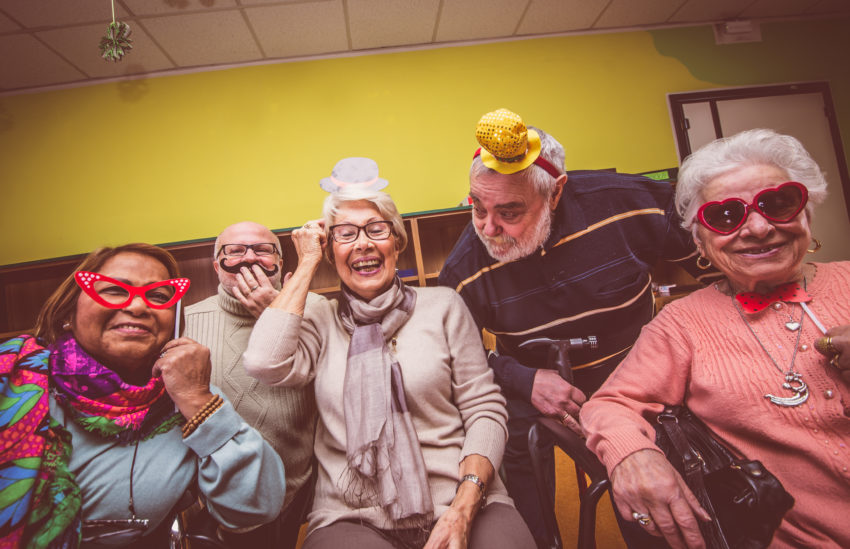
Share On Social!
New Year’s resolutions are a tradition that many people engage in every year. Some resolve to address physical health – to eat better, to lose some weight, to exercise more – and these are all great.
However, one aspect of health often gets completely overlooked during this time of year. Mental health affects millions of people across the country, but more often than not goes unaddressed.
Latinos – especially young Latinos – are statistically more likely to have mental health issues than their peers and they are far less likely to seek treatment. Lack of access to resources, cultural stigma, and language barriers are all key reasons why Latino mental health often goes untreated.
In an effort to reverse this situation, Kaiser Permanente has launched a website entitled “Encuentra qué Decir” (Find Your Words) to help Latinos learn about mental health and mental health-related issues.
“Many people experience depression. But even though it’s common, it’s not always easy to talk about. Let’s work to change that — to break the silence and encourage open and honest communication about depression,” explains the English-language version of the site. “Together, we can create a culture of acceptance and support.”
The site helps people recognize symptoms of depression and offers a self-assessment toll as well as proving information on how to get help.
“A Kaiser Permanente study revealed that 89% of respondents recognized that anyone can develop a mental health condition, so let friends and family members know they are not alone and encourage them to get help,” said a release about the site.
During the holiday season, it is especially important to be aware of mental health concerns.
Why are the Holidays Especially Difficult for Mental Health?
While many Latinos are looking forward to spending the holidays with family and friends, many will have to deal with feelings of depression that are common this time of year due to seasonal shifts (the noticeably shorter days and longer nights) and feelings of loneliness and isolation common during this time of year.
“There are different factors as to why the end of the year is a difficult season to cope with for many people,” explained Dr. Luis Sandoval of Kaiser Permanente.
According to Dr. Sandoval, those who deal with feelings of “sadness” or “nostalgia” during the holiday season could be due to:
- Past memories of Christmas spent with couples, friends or loved ones, which tend to be idealized.
- Loneliness and isolation, which are also important factors because not having a group of loved ones or close friends to celebrate with may cause depression.
- The real or perceived losses that occurred in the year ending, such as fights or marriage breakups that leave memories that are difficult to erase and tend to be re-lived over and over in one’s thoughts.
- Geographic distances. Living away from loved ones can cause sadness, melancholy and depression.
- Lack of money, loss of work, serious health problems are also among the causes of depression during this time of year.
The Spanish-language “Encuentra …” website offers resources to help people dealing with mental health issues – and their family and friends – start a conversation about this important topic.
Some of the tips offered to avoid depression include staying away from negative comments or pessimistic individuals and surrounding yourself with people who “radiate and spread joy.” It is also important to take care of physical health by getting enough sleep, adopting a healthy diet, and taking medications as they’re prescriped.
“Receiving the New Year is a unique opportunity that gives us a world of new possibilities, perhaps trying again what we did not achieve, and reconsidering the things we must change,” said Sandoval. “The best thing to do is to make a concerted effort to reduce stress. We know that moderate and frequent exercise improves our mood … and as always, if your symptoms persist or get worse, you should consult a doctor.”
Learn more about the importance of Mental Health and Latinos here:
- Group Teaches Therapists ‘Latino Culture’ to Improve Mental Health Care http://salud.to/2j7Ror8 #SaludDepression #SaludMinds
- Researchers Get $2.7 Million to Study Stress in Latino Babies, Parents http://salud.to/2jqatWd #SaluldStress #SaludMinds
By The Numbers
142
Percent
Expected rise in Latino cancer cases in coming years



